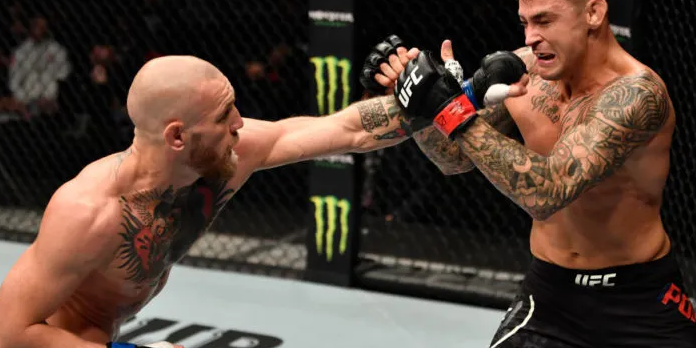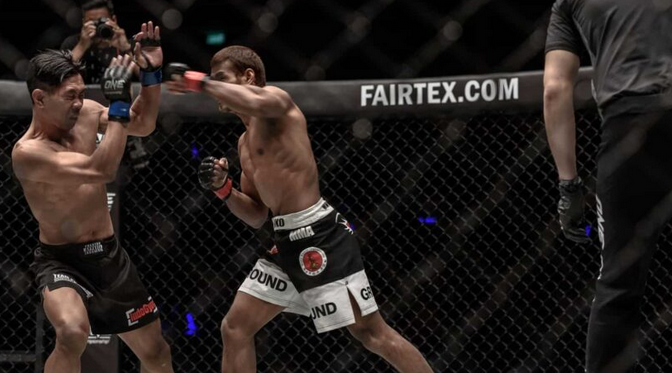The Evolution of Mixed Martial Arts in the USA
Mixed Martial Arts (MMA) has undergone a remarkable evolution in the United States, transforming from a niche sport into a cultural phenomenon that captivates audiences across the nation.

Roots of MMA: Blending Traditions
A Fusion of Disciplines
MMA’s journey in the USA begins with the blending of traditional martial arts disciplines. Early practitioners sought to test the effectiveness of various fighting styles, leading to the creation of a dynamic, hybrid form of combat that embraced the strengths of diverse martial arts.
UFC Emergence: Pioneering the Octagon
Enter the Octagon
The Ultimate Fighting Championship (UFC) played a pivotal role in propelling MMA into the mainstream. Launched in 1993, the UFC introduced a tournament-style format that showcased fighters with distinct martial arts backgrounds, emphasizing the need for versatility in the evolving sport.
Regulation and Recognition: A Turning Point
From Controversy to Legitimacy
Amidst controversy and calls for regulation, MMA underwent significant changes in the late 1990s. State athletic commissions began implementing rules to ensure the safety of fighters, leading to increased acceptance and recognition of the sport as a legitimate athletic endeavour.
Strategic Evolution: A Game of Mind and Body
Tactical Brilliance
The evolution of MMA extends beyond physical prowess to strategic brilliance. Fighters began cross-training in various disciplines, emphasizing the importance of versatility. This strategic evolution has blurred the lines between traditional martial arts, creating well-rounded athletes capable of adapting to any situation.
Rise of Superstars: The MMA Phenomenons
Legends in the Cage
The USA witnessed the rise of MMA superstars who transcended the sport. Names like Chuck Liddell, Randy Couture, and Ronda Rousey became household names, contributing to the sport’s popularity and influencing a new generation of aspiring fighters.
Crossover Appeal: MMA in Popular Culture
Beyond the Cage
MMA’s influence extends beyond the confines of the cage, permeating popular culture. From movies and television to endorsements and sponsorships, MMA has become an integral part of the entertainment landscape, further solidifying its position in American society.
Training Academies: Nurturing the Next Generation
From Dojos to Gyms
Training methodologies evolved with the establishment of specialized MMA gyms. These training academies focus on developing well-rounded fighters, emphasizing not just physical conditioning but also mental toughness and adaptability, reflecting the multifaceted nature of martial arts.
Global Impact: USA as a MMA Powerhouse
International Influence
The USA stands as a global powerhouse in MMA, producing champions who compete on the international stage. American fighters consistently showcase their skills in prestigious promotions, contributing to the sport’s global appeal and reinforcing the country’s role as a hub for MMA excellence.
Technological Advances: Training and Analysis
High-Tech Fight Camps
Modern MMA training incorporates cutting-edge technology. From advanced training equipment to video analysis, fighters utilize technology to enhance their skills. This technological integration not only improves performance but also adds a futuristic dimension to the traditional aspects of martial arts.
Conclusion
The evolution of MMA in the USA is an ongoing saga, a dynamic interplay of tradition and innovation. From humble beginnings to mainstream success, MMA has carved its place in American sports culture, a testament to the enduring fascination with the artistry and athleticism of martial arts.

